K N Singh
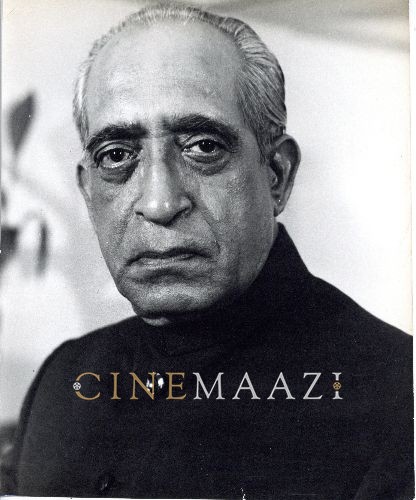
Subscribe to read full article
This section is for paid subscribers only. Our subscription is only $37/- for one full year.
You get unlimited access to all paid section and features on the website with this subscription.
Not ready for a full subscription?
You can access this article for $2 , and have it saved to your account for one year.
- Real Name: Krishan Niranjan Singh
- Born: 1st September 1909 (Dehradun)
- Died: 31st January 2000 (Bombay)
- Primary Cinema: Hindi
- Parents: Chandi Pratap Singh
- Children: Pushkar
In marked contrast to later villains in Hindi cinema characterized by loud idiosyncrasies or bizarre costumes, K.N. Singh ruled the roost for a long time as the sophisticated, suave, immaculately clad villain who sent a chill down the spine every time he raised an eyebrow or curled his mouth in a menacing sneer.
Krishan Niranjan Singh was born in 1909 in Dehradun to Chandi Pratap Singh, an erstwhile prince and well-known criminal lawyer and his wife. The eldest of six children, KN Singh briefly toyed with the idea of becoming a lawyer like his father and even studied Latin as preparation. A case in which the obviously guilty man was acquitted disillusioned him, and he dropped his plan to study law. He started dabbling in various businesses, trying out his luck with different things. Some sources claim that the well-built and athletic, K.N. Singh excelled in shotput and javelin throwing, and at one point, sports seemed to be his calling of choice. He was even selected to represent the Indian contingent in the Berlin Olympics in 1936. The veracity of this information could not be confirmed.
But that was not to be. When his sister fell ill, he was ordered to accompany her to Calcutta for treatment. Destiny had other plans for him. A chance meeting with a cousin’s friend, Prithviraj Kapoor, guided him to his destined path. Before he knew it, K.N. Singh had entered the world of movies, first as an assistant to Debaki Bose and then making his debut in a small role as a doctor in Sunehra Sansar (1936). While in Calcutta, K.N. Singh appeared as the protagonist in Hawaii Daku, though no records of the film survive. He also acted in films like Vidyapati (1937), Anath Ashram (1937) and Milap (1937).
With a keen sense that Bombay was turning into a prime center for cinema, Singh moved to Bombay in 1937 following an offer by director A.R. Kardar and acted in Baghban (1938). With K.N. Singh as the antagonist, the film became an instant hit, and he had arrived on the scene as the next big villain.
In a career that spanned nearly 50 years, K.N. Singh made his mark in iconic movies such as Jwar Bhata (1944), Barsaat (1949), Awara (1951), Baazi (1951), Jaal (1952), C.I.D. (1956), Chalti Ka Naam Gaadi (1958), Howrah Bridge (1958), Manzil (1960), Woh Kaun Thi? (1964), Guide (1965), Teesri Manzil (1966), An Evening in Paris (1967), Haathi Mere Saathi (1971), Mere Jeevan Saathi (1972), Majboor (1974) , Adalat (1976) and Dostana (1980).
As an actor, K.N. Singh’s attention to small nuances set him apart from many others. Underplaying the character, he always took care to induce menace in his gait and unspoken gestures. Always polished, his mere entry signaled a change of situation without any screaming, shouting or other exaggerated gestures. He also researched his roles meticulously. For his role of a Victoria driver in Inspector (1956), he spoke with many real life drivers, to understand thier lives and mannerisms. He also dubbed his dialogues for Awara in Russian himself, when the film released in the USSR.
Towards the latter half of his career, K.N. Singh no longer remained the magnificent persona he had once been. To his credit, he accepted any roles he was offered and continued to act till the mid-late eighties. Some sources claim that some of his cameo performances in the 1970s and the 1980s were to ensure that other actors turned up on time to the sets, since they would not dare be late with him on the sets already. He appeared in nearly 200 films over a long and storied career.
K.N. Singh and his wife did not have any children of their own. They adopted his brother’s son Pushkar as their own. The last few years of K.N. Singh’s life saw him coping with a visual impairment. He continued to live in his flat in Wadala, initially bought because it was close to the studios and because his friends lived nearby. By then, the studios were long gone, and so were his friends. K.N. Singh passed away at the age of 91 on 31 January 2000, bringing a magnificent era of Indian cinema to an end.
References
Image courtesy: IMDb
-
Filmography (191)
SortRole
-
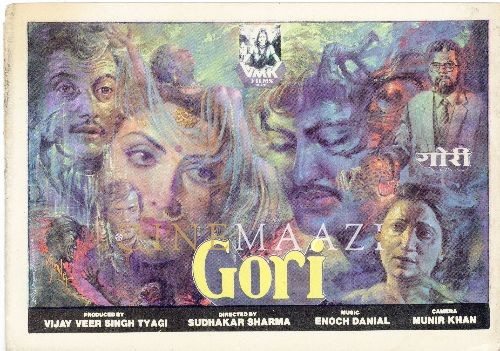
Gori 1992
-
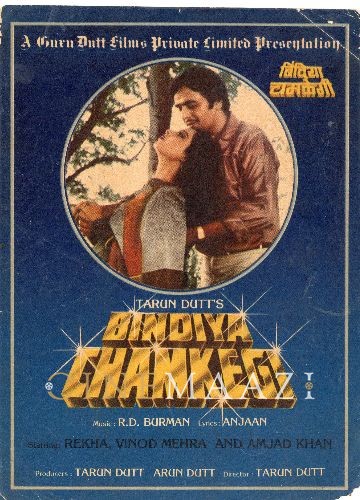
Bindiya Chamkegi 1984
-

The Gold Medal 1984
-

Be Khabar 1983
-

Kaalia 1981
-

Professor Pyarelal 1981
-
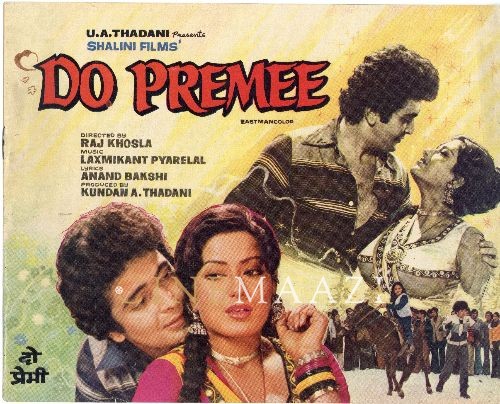
Do Premee 1980
-
Dostana 1980
-

Garam Khoon 1980
-
Zulm Ki Pukar 1979
-

Do Hawaldar 1979
-
Guru Ho Jaa Shuru 1979
-






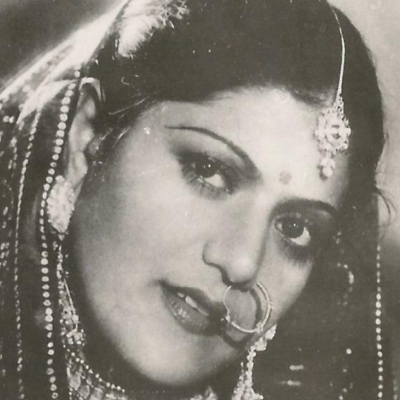


.jpg)



